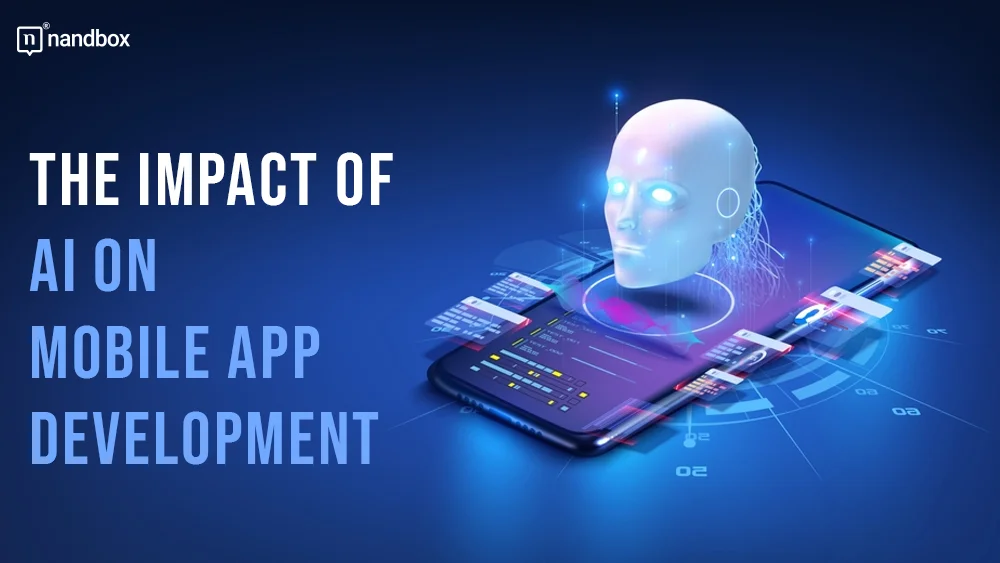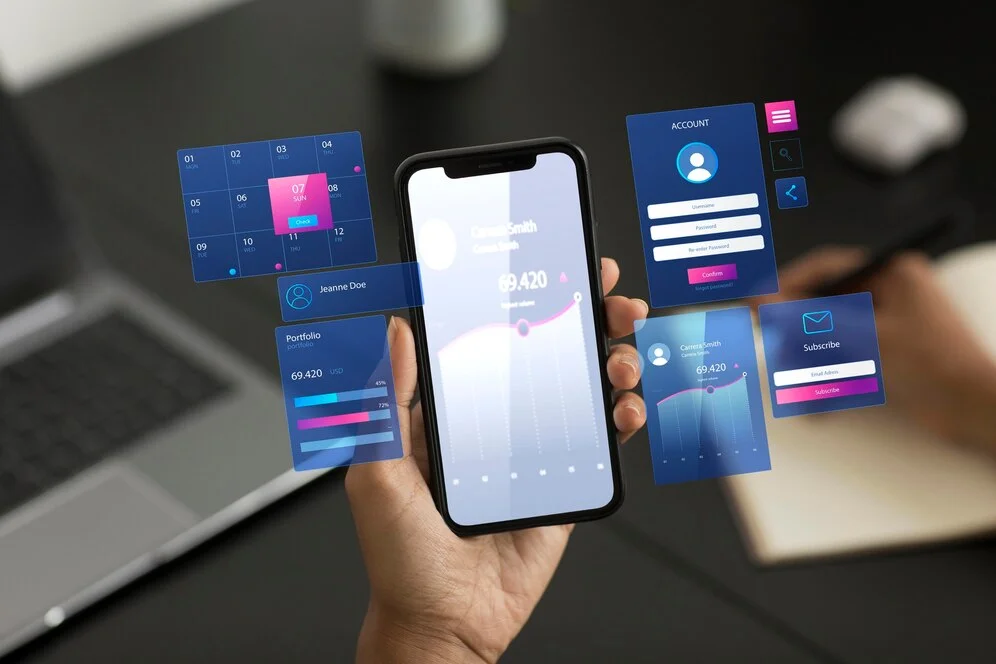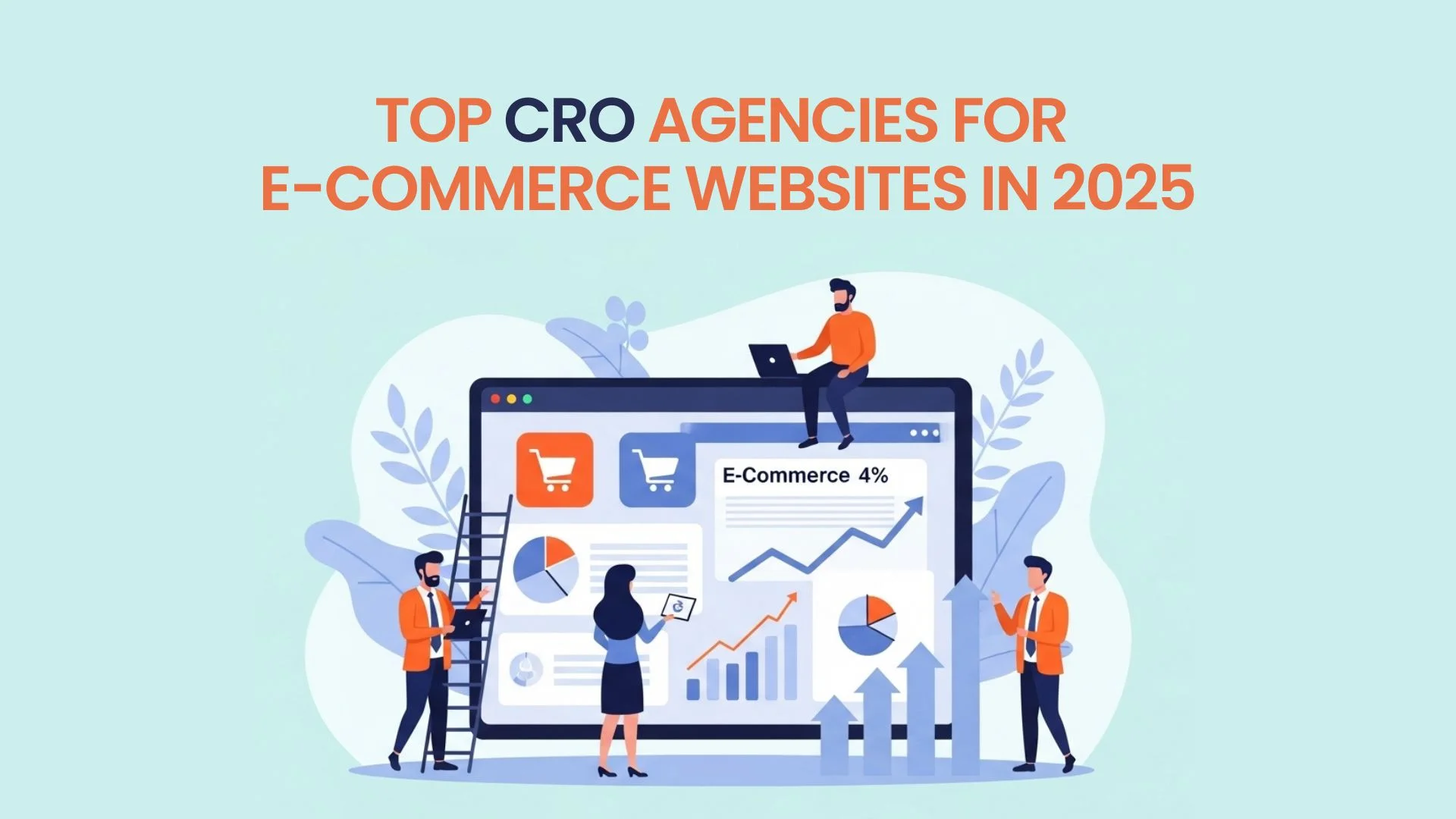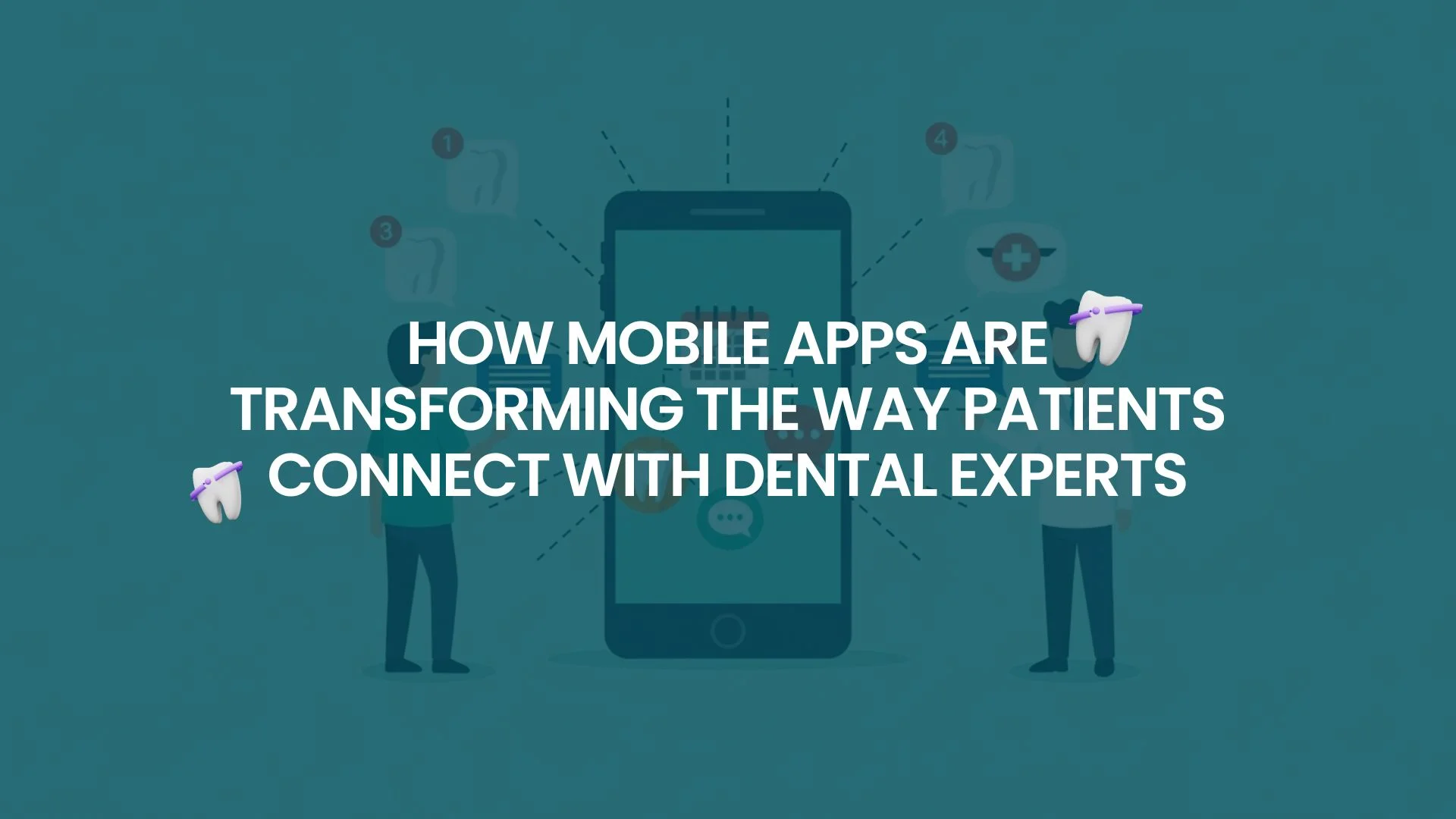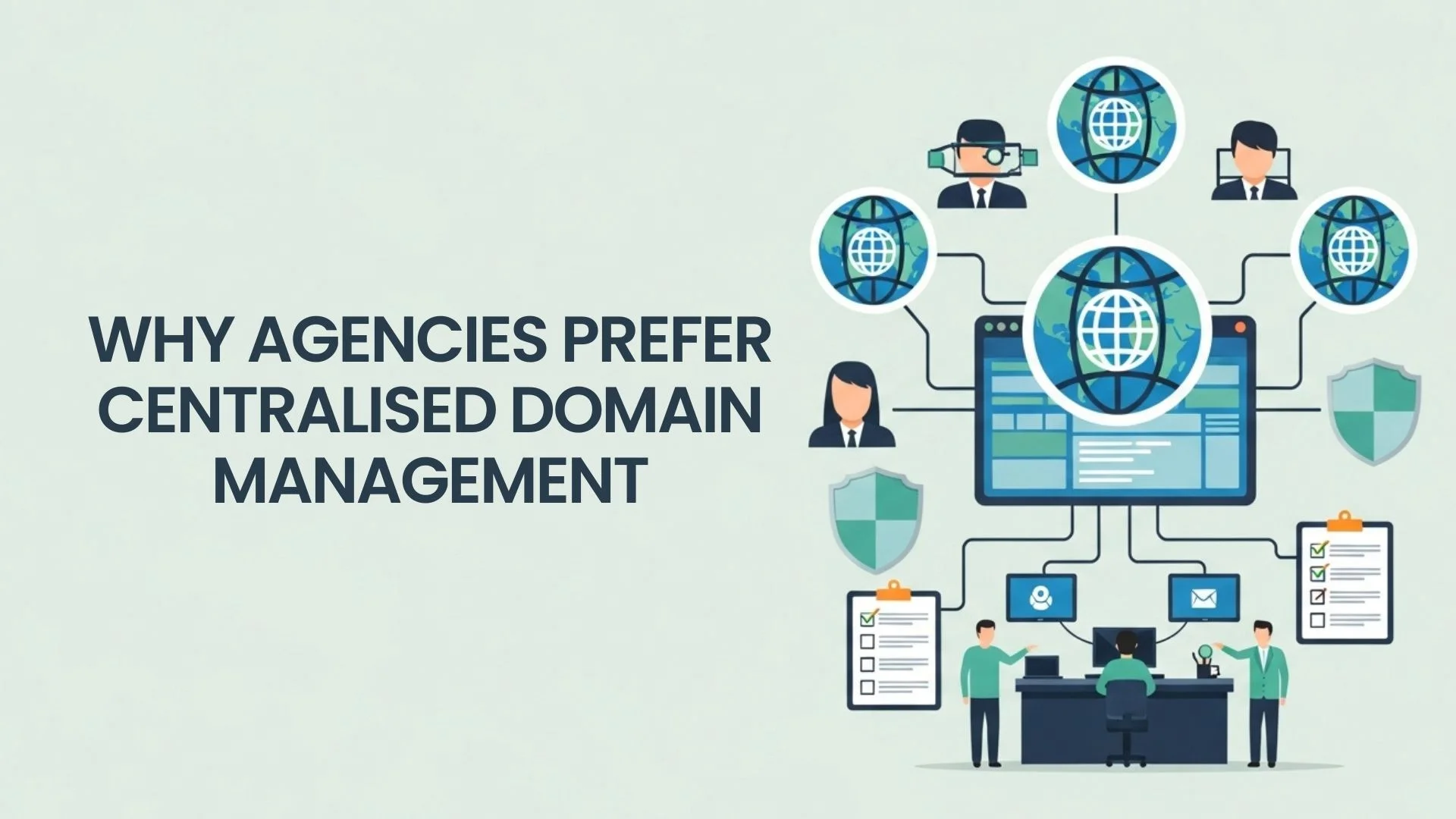Artificial Intelligence (AI) is no longer a futuristic concept; it is a critical driver of innovation across numerous industries, and mobile app development is no exception. With AI’s transformative capabilities, developers are now able to create more intelligent, efficient, and user-friendly applications.
AI enhances mobile app development through various avenues, such as personalized user experiences, predictive analytics, enhanced security, and more. For example, AI-driven tools can significantly speed up the development cycle, ensuring that updates and new features are rolled out more quickly. According to a recent survey, 60% of mobile app developers are already using generative AI tools for tasks such as updating scripts, analyzing test results, and generating test scripts.
In the context of AI’s impact on productivity, it’s noteworthy how AI can also be utilized for analyzing meetings and enhancing team productivity. For instance, AI can record and analyze meetings to provide insights into team performance, as discussed in this guide.
AI-Driven Development and Testing
One of the most significant impacts of AI on mobile app development is the enhancement of development and testing processes. Frequent mobile app updates are being driven by demand: app users constantly want new features or bug fixes, and companies are anxious to maintain a competitive advantage and solidify customer relationships. AI tools can streamline these processes by automating repetitive tasks, ensuring faster turnaround times, and maintaining high-quality standards.
Key Benefits:
- Speed: AI accelerates the development cycle by automating code generation and testing, reducing the time required to launch new features. For instance, AI can automatically generate thousands of lines of code in minutes, which would take human developers hours or days.
- Accuracy: AI-driven tools can identify potential bugs and issues with high precision, leading to more reliable and robust applications. These tools use machine learning algorithms to learn from past errors and continuously improve their bug detection capabilities.
- Cost Efficiency: By streamlining development and testing processes, AI helps cut down on labor and operational costs. AI-driven test automation can replace manual testing, significantly reducing the need for a large QA team. Furthermore, it allows for continuous testing and integration, which minimizes the risk of expensive post-release fixes.
Moreover, AI facilitates predictive maintenance by forecasting potential system failures and performance issues before they occur, thus enabling proactive troubleshooting. This predictive approach not only ensures a smoother user experience but also significantly reduces downtime and maintenance costs, further enhancing overall operational efficiency.
Through these advancements, AI is reshaping mobile app development, making it faster, more accurate, and more cost-effective, ultimately leading to higher quality apps and more satisfied users.
Personalized User Experiences
AI enables the creation of highly personalized user experiences, which are crucial in today’s competitive app market. Mobile apps can now analyze user behavior and preferences to deliver tailored content and recommendations. For instance, AI can study a user’s interaction patterns to suggest personalized news feeds, shopping items, or entertainment options.
Examples of Personalization:
- E-commerce Apps: AI can recommend products based on previous purchases, browsing history, and even real-time data such as current trends and weather conditions.
- Health and Fitness Apps: Personalized workout plans and diet suggestions are generated based on individual health data and goals.
Enhanced Customer Support
Virtual assistants and chatbots powered by AI are revolutionizing customer support within mobile apps. These intelligent agents can handle a wide range of queries, from simple FAQs to complex troubleshooting, without human intervention. This not only improves customer satisfaction but also allows businesses to operate support services 24/7.
Advantages:
- Consistency: AI chatbots provide uniform responses, ensuring all customers receive the same level of support.
- Efficiency: These bots can handle multiple queries simultaneously, reducing wait times and increasing overall support efficiency.
Predictive Analytics and IoT Integration
The convergence of AI with predictive analytics and the Internet of Things (IoT) is set to reshape the mobile app landscape. Predictive analytics powered by AI can forecast user behavior, helping businesses make data-driven decisions. IoT integration allows mobile apps to interact with various smart devices, providing users with seamless and connected experiences.
Use Cases:
- Healthcare: Mobile apps can monitor patient health data in real-time, predict potential health issues, and alert medical professionals.
- Fintech: AI-driven predictive analytics can offer personalized investment strategies based on real-time market data.
AI in Mobile App Security
As mobile apps handle increasing amounts of sensitive data, ensuring security has become paramount. AI enhances app security through continuous monitoring and threat detection, identifying unusual patterns that may indicate security breaches. AI algorithms can swiftly respond to threats, minimizing potential damage.
Security Enhancements:
- Real-Time Monitoring: AI systems continuously analyze app activity, flagging suspicious behavior instantly.
- Automated Response: AI can trigger automatic responses to neutralize threats, such as locking down compromised sections of the app.
Cross-Platform Development
AI is also playing a significant role in the rise of cross-platform frameworks, allowing developers to create apps that run seamlessly on multiple operating systems. This approach saves time and resources, as a single codebase can be deployed across various platforms.
Popular Cross-Platform Frameworks:
- React Native: Utilizes AI to optimize performance and enhance user experience.
- Flutter: Google’s framework that leverages AI for expressive UI and efficient development cycles.
AI Market Statistics and Trends
The AI app sector is experiencing exponential growth. In 2023, the AI app sector generated $1.8 billion and is estimated to grow to $18.8 billion by 2028. An estimated 230 million people used AI apps in June 2024. ChatGPT, a prominent AI tool, was the most downloaded chatbot app, with 209 million downloads. OpenAI, the startup behind ChatGPT, is valued at $80 billion.
Additional Insights:
- Revenue Generation: The AI software market’s global annual revenue exceeds $50 billion and is expected to significantly grow in the coming years.
- Consumer Expectations: Approximately 70% of consumers expect a chatbot response within 5 minutes, and 75% are comfortable with chatbots handling routine customer service tasks.
- Economic Impact: AI is projected to contribute $15.7 trillion to the global economy by 2030, reflecting its vast potential across various industries.
Conclusion
The integration of AI into mobile app development is not just a trend but a paradigm shift that is transforming the industry. From accelerating development cycles to enhancing user experiences and bolstering security, AI’s impact is profound and far-reaching. As these technologies continue to evolve, we can expect even more innovative and intelligent applications that cater to the dynamic needs of users and businesses alike.
Embracing AI in mobile app development is no longer optional; it is a necessity for staying competitive in an ever-evolving digital landscape. Whether you are a developer, a business leader, or a technology enthusiast, the power to transform industries, enhance lives, and redefine the world is at your fingertips. Join the mobile app revolution, harness the potential of AI, and shape the future.
